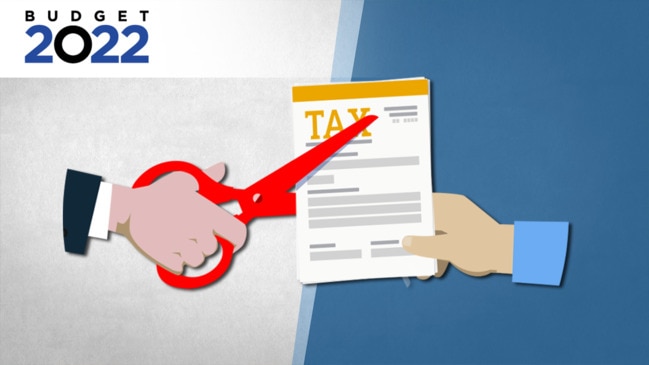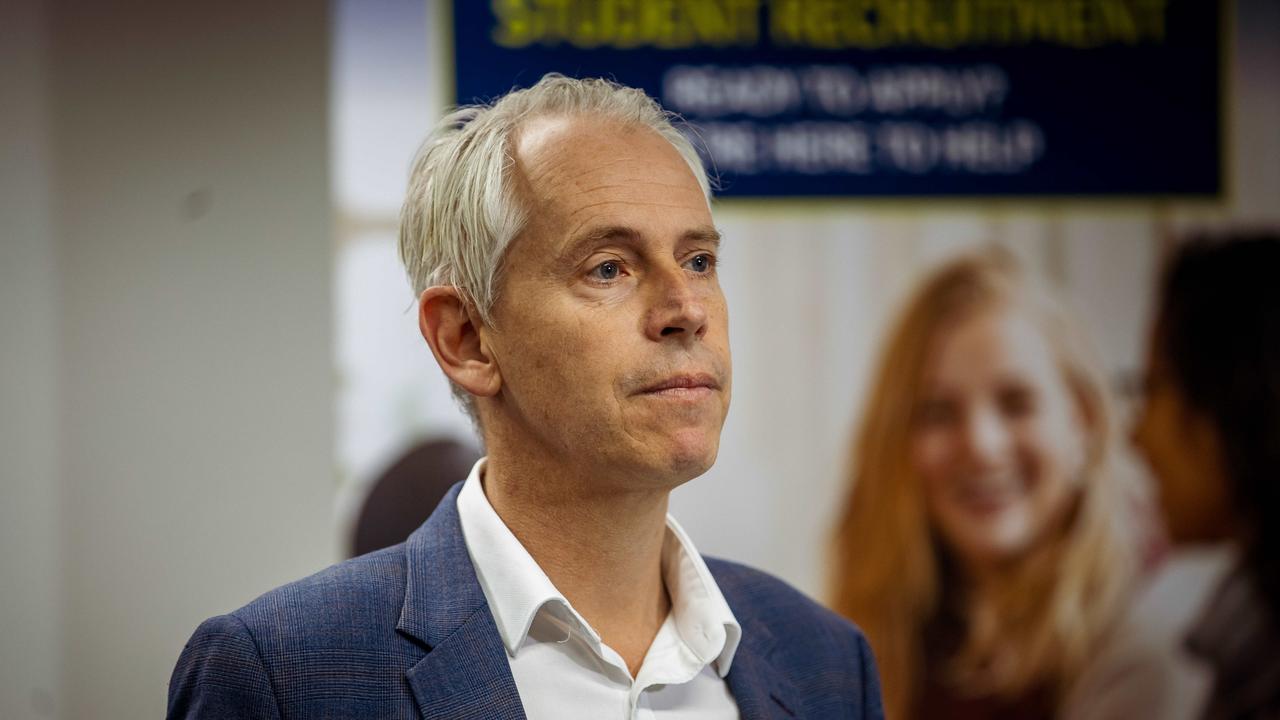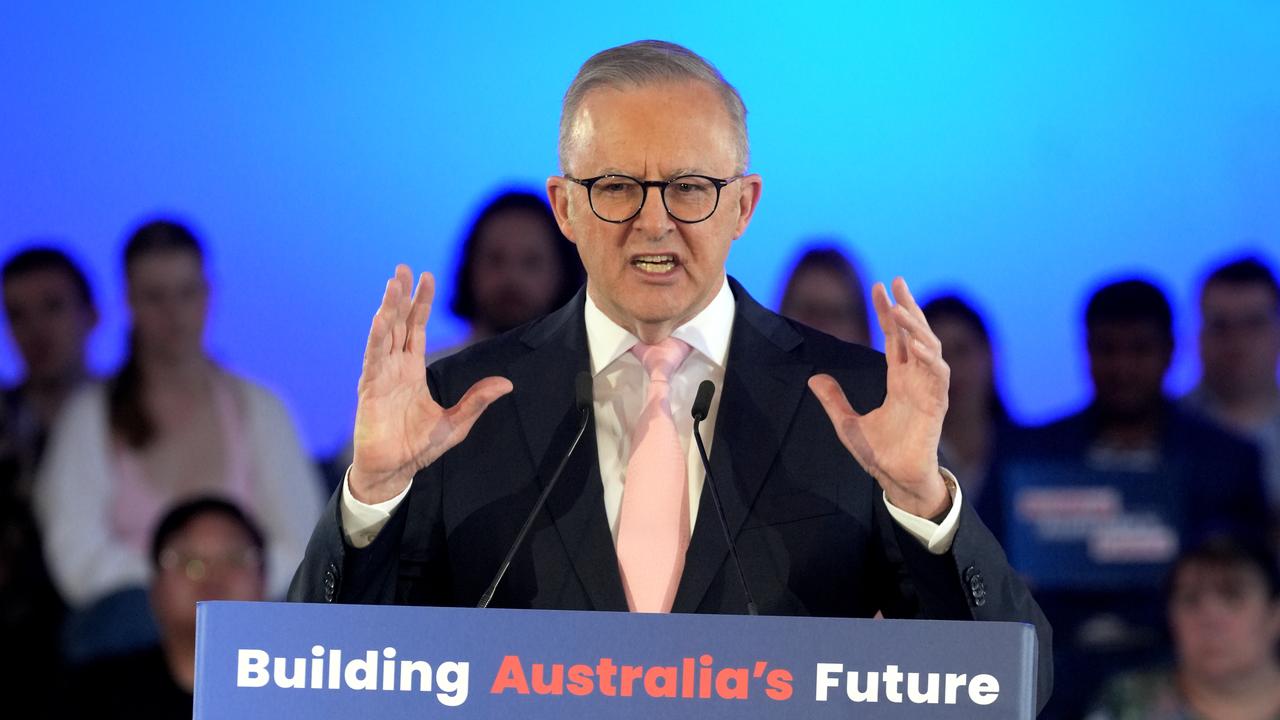Will Treasurer Josh Frydenberg’s election-eve budget get desired bang for vote-buying bucks?
If it’s working Australians who decide elections, saving at the petrol bowser will get the desired bang for vote-buying bucks. But this budget has got work to do, writes Paul Starick.

The big question from this election-eve budget is whether Treasurer Josh Frydenberg will get the desired bang for his vote-buying bucks.
The major shot is a petrol excise cut that saves motorists 22 per cents a litre, because it is designed to appeal directly to the working Australians who decide elections.
These voters seem to have swung firmly behind Labor, which leads 55-45 on two-party preferred support in the latest Newspoll. With the ALP a clear favourite for an expected May election, this budget has got plenty of work to do for the Coalition.
The risk for the Coalition’s electoral prospects is that the impact of a temporary cut to fuel excise goes unappreciated by motorists – even before rising inflation and interest rates erode the benefits.
The $13.20 saving on filling a typical Adelaide family sedan is a little more than the combined cost of a sandwich and a milkshake at a servo – $5 each at a city OTR.
Detractors will sneer at the saving but for a suburban or regional family with multiple cars this will be a welcome relief.
As Mr Frydenberg said in his budget speech, a family with two cars filling up once a week could save about $30 weekly – or $700 in six months.
In recent weeks, Labor strategists have remarked that the Coalition has been fighting on its preferred battlegrounds – economic and national security. The budget bolsters this narrative.
There is some merit to Mr Frydenberg’s boast that Australia has overcome the biggest economic shock since the Great Depression in a world-leading recovery.
The budget figures illustrate a convincing narrative that offers some hope to the Coalition of retrieving ground in the disastrous opinion polls.
The economy’s strength, particularly the labour market, has spurred tax receipts and reductions in jobless benefit payments.
The unemployment rate is forecast to hit 3.75 per cent in 2022-23 and stay there for the next two years. Wages are forecast to rise by 3.25 per cent in 2022-23 and then 3.5 per cent by 2024-24.
Net debt is expected to be 31.1 per cent of GDP in mid-2023 before falling to 26.9 per cent of GDP “by the end of the medium term” after 2025-26.
Mr Frydenberg argues his budget sees unemployment go lower, delivering more jobs and higher wages. Coupled with a widespread cost of living pitch, this sets the scene for an unexpectedly close election.
More Coverage
Originally published as Will Treasurer Josh Frydenberg’s election-eve budget get desired bang for vote-buying bucks?





